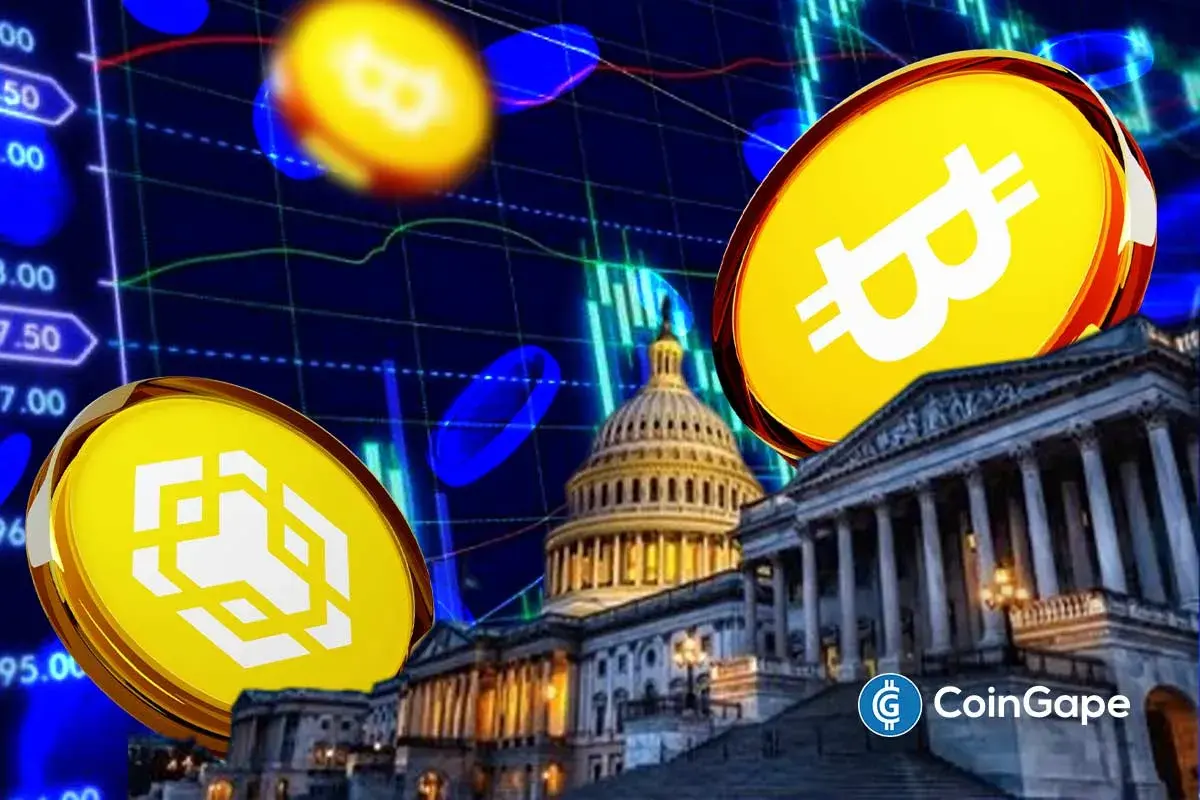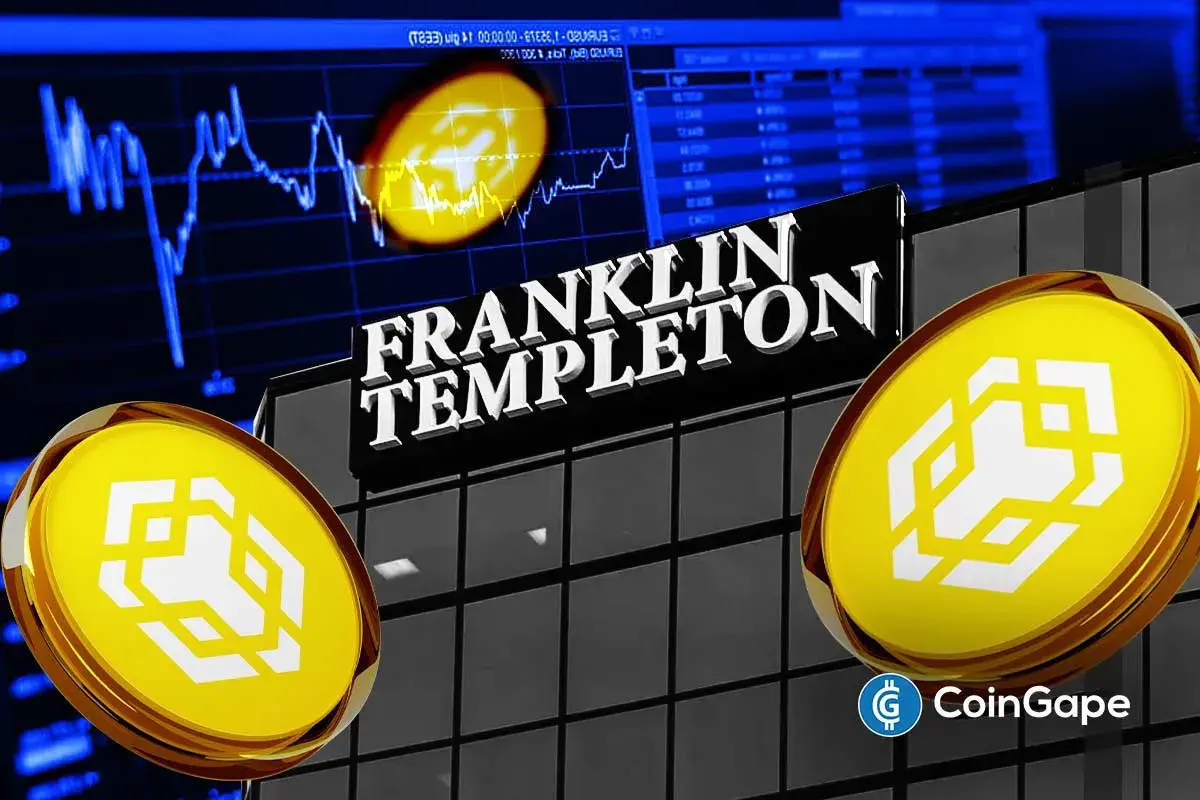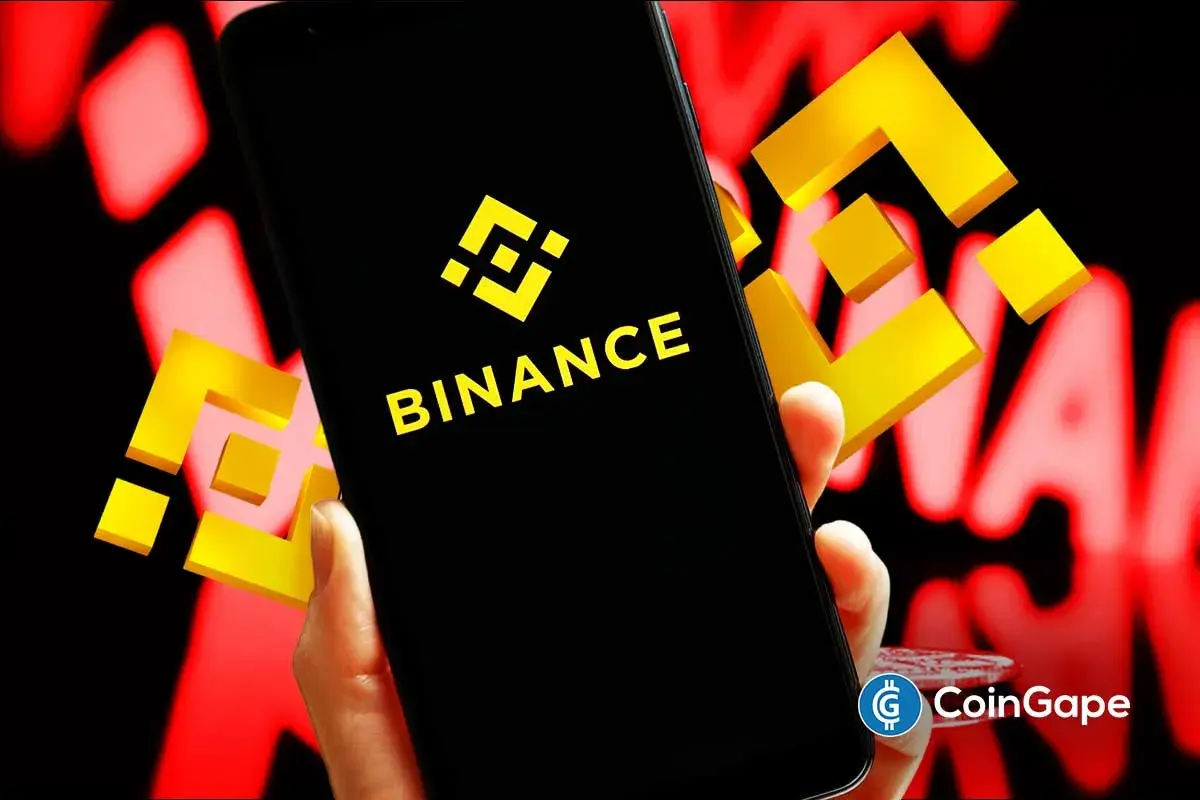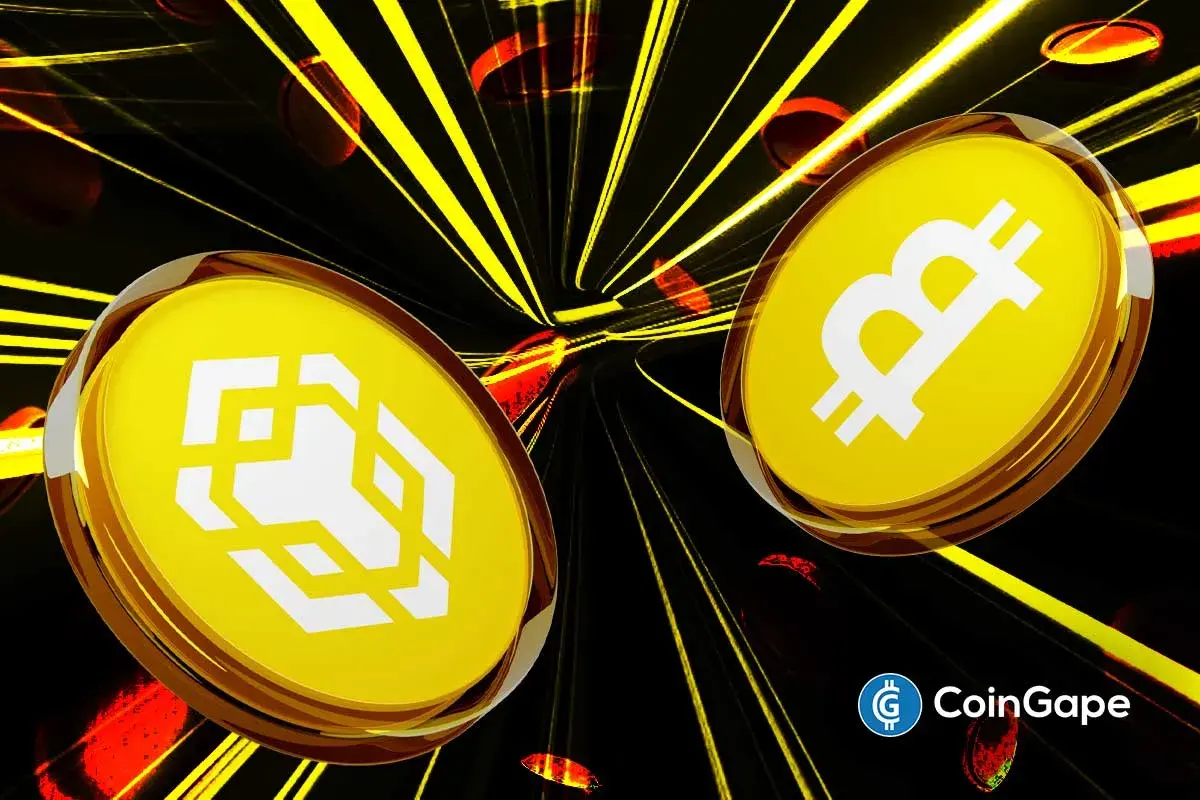US SEC Calls These 67 Cryptocurrencies Worth $100 Billion As Securities

After filing lawsuits against the world’s top 2 crypto exchanges Binance and Coinbase, the list of cryptocurrencies the US SEC considers securities has climbed to 67. Names of these 67 cryptocurrencies have come at a different time with different litigations filed over the years. However, it continues to remain a mystery what criteria the SEC actually uses to determine which crypto is a security.
American billiionaire Mark Cuban today called out the Securities and Exchange Commission saying that it hasn’t provided crypto firms with a registration process to follow. It is next to impossible to know what is or is not a security in the crypto universe, he added.
SEC expands its list of crypto securities
With its latest lawsuits against Binance and Coinbase, the SEC has added a total of 16 new cryptocurrencies that it considers securities.
In its Binance lawsuit, the SEC deemed these cryptocurrencies as securities: BNB, BUSD, Solana, Cardano, Polygon, Cosmos, The Sandbox, Decenterland, Axie Infinity and COTI. And in its Coinbase lawsuit, along with these cryptocurrencies, SEC added these new six cryptocurrencies: Chiliz (CHZ), Flow (FLOW), Internet Computer, Near, Voyager Token and NEXO.
Previously, SEC had called Algorand and LBRY Credit securities in its different litigations against different crypto firms. In addition to this, SEC is fighting Ripple in US court for the status of XRP in an existential battle of cryptocurrencies in the United States. The high profile case will determine whether XRP is a security or not, setting a precedent for the mostly unregulated industry in the country.
Read More: US SEC Replaces Introductory Disclaimer; Another Win For Ripple?
However, the SEC admitted on record that the sale of LBRY Credits (LBC) tokens in the secondary market doesn’t constitute a security earlier this year.
“Crypto securities” account for 10% of entire market
When the US SEC charged Terraform Labs with fraud in February, it labeled a total of 16 crypto assets securities, including Terra Luna Classic (LUNC), Terra Classic USD (USTC), Mirror Protocol (MIR) along with 13 other Mirrored Assets: Mirrored Apple Inc. (mAAPL), Mirrored Amazon.com, Inc. (mAMZN), Mirrored Alibaba Group Holding Limited (mBABA), Mirrored Alphabet Inc. (mGOOGL), Mirrored Microsoft Corporation (mMSFT), Mirrored Netflix, Inc. (mNFLX), Mirrored Tesla, Inc. (mTSLA), Mirrored Twitter Inc. (mTWTR), Mirrored iShares Gold Trust (mIAU), Mirrored Invesco QQQ Trust (mQQQ), Mirrored iShares Silver Trust (mSLV), Mirrored United States Oil Fund, LP (mUSO), Mirrored ProShares VIX Short-Term Futures ETF (mVIXY).
If we calculate the entire market cap of all the cryptocurrencies that the SEC has labeled as securities, it comes down to over $100 billion, that is 10% of the entire crypto market cap.
What makes crypto a security?
In simple terms, a security is a financial asset that can be sold or traded in a financial market and is negotiatble. The same criteria applies to crypto, but in an interview once the US SEC chair Gary Gensler said, “everything other than Bitcoin” is a security. Several from the crypto industry have repeatedly asked for clear regulations regarding what constitutes a crypto a security, but it has been to no avail so far. The US SEC continues to randomly pick cryptocurrencies to label them as securities. In most cases, SEC has sued exchanges for listing unregistered securities without issuing a notice to those cryptocurrency issuer.
Read More: US Court Interrupts SEC’s Enforcement Against Crypto Exchanges
With the latest two lawsuits against Binance and Coinbase, the future of crypto hangs in the balance in the United States.
Cryptocurrencies deemed as securites by SEC so far:
Naga (NGC), Monolith (TKN), IHT Real Estate (IHT), Power Ledger (POWR), Kromatica (KROM), DFX Finance (DFX), Amp (AMP), Rally (RLY), Rari Governance Token (RGT), DerivaDAO (DDX), XYO Network (XYO), Liechtenstein Cryptoasset Exchange (LCX), Kin (KIN), Salt Lending (SALT), Beaxy Token (BXY), DragonChain (DRGN), Tron (TRX), BitTorrent (BTT), Terra USD (UST), Luna (LUNA), Mirror Protocol (MIR), Mango (MNGO), Ducat (DUCAT), Locke (LOCKE), EthereumMax (EMAX), Hydro (HYDRO), BitConnect (BCC), Meta 1 Coin (META1), Filecoin (FIL), BNB (BNB), Binance USD (BUSD), Solana (SOL), Cardano (ADA), Polygon (MATIC), Cosmos (ATOM), The Sandbox (SAND), Decentraland (MANA), Axie Infinity (AXS), COTI (COTI), Paragon (PRG), AirToken (AIR), Chiliz (CHZ), Flow (FLOW) Internet Computer (ICP), Near (NEAR), Voyager Token (VGX) and Nexo (NEXO).
Coinbase refuses to de-list crytpo deemed as securities
Despite US SEC claiming that 13 of the cryptocurrencies listed on Coinbasea are securities, the exchange has no plans to delist them. Coinbase has “no plans to delist any of these assets,” Chief Legal Officer Paul Grewal said in a statement to TechCrunch on June 7. The SEC’s crackdown had earlier forced exchanges to come to a settlement and delist the cryptocurrencies that it deemed secuirities. Unlike Coinbase, Binance.US will halt dollar deposits after its banking partners prepare to put a freeze on all dollar withdrawal channels. Robinhood has also announced to delist 3 major altcoins that were deemed securities by SEC this month – Cardano, Polygon and Solana.
- XRP News: XRPL Activates Permissioned DEX Upgrade to Boost Institutional DeFi Adoption
- WLFI Token Sees 19% Spike Ahead of World Liberty’s Mar-a-Lago Forum Today
- Veteran Trader Peter Brandt Predicts Bitcoin Price Rebound, Gold Fall to $4000
- Peter Thiel Exits ETHZilla as Stock Slides 3% Amid Token Launch
- Bitwise, Granitshares Eyes $63B Sector With New Prediction Markets ETF Filing
- Will Sui Price Rally Ahead of Grayscale’s $GSUI ETF Launch Tomorrow?
- Why Pi Network Price Could Skyrocket to $0.20 This Week
- Pi Network Price Beats Bitcoin, Ethereum, XRP as Upgrades and Potential CEX Listing Fuels Demand
- 5 Things Dogecoin Price Needs to Hit $0.20 in Feb 2026
- Bitcoin Price Prediction as Experts Warns of Quantum Risks
- Dogecoin, Shiba Inu, Pepe Coin Price Predictions As BTC Crashes Below $68k


















